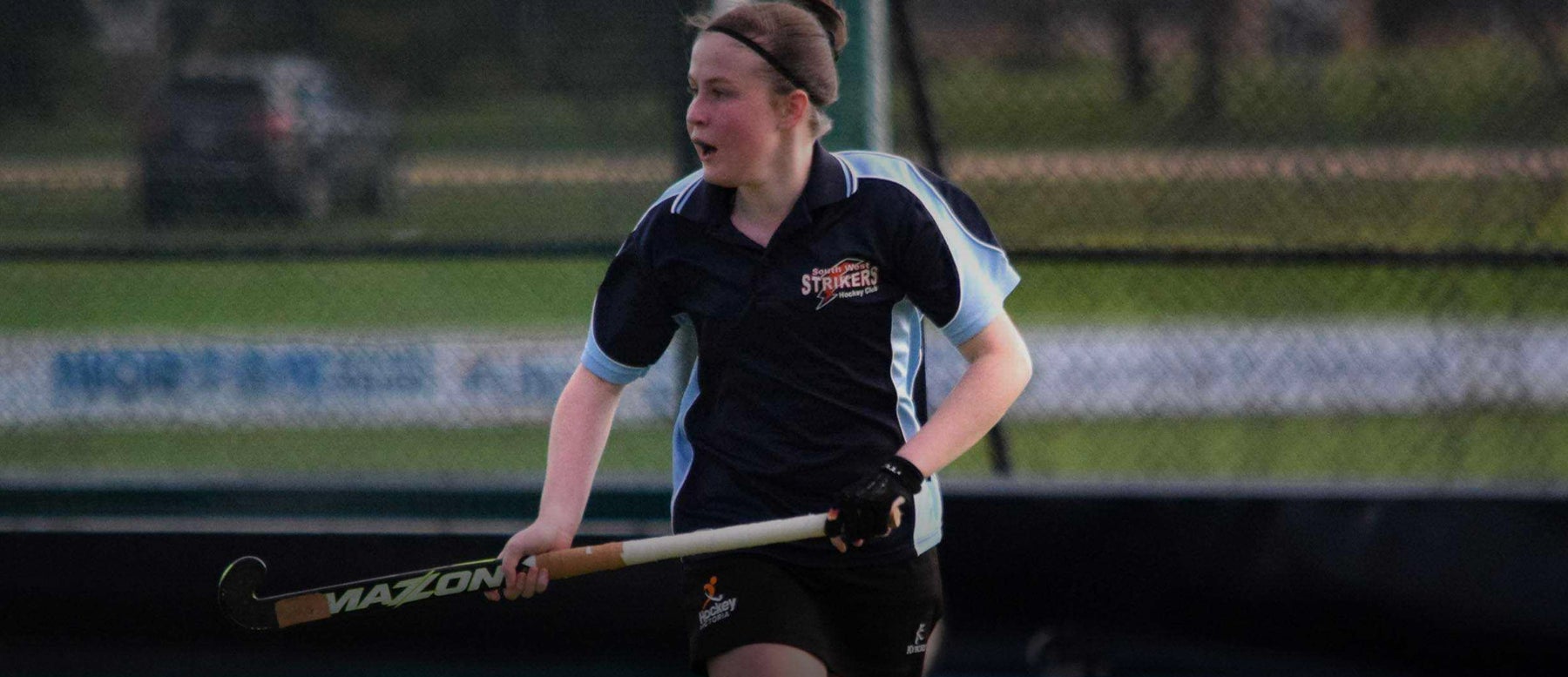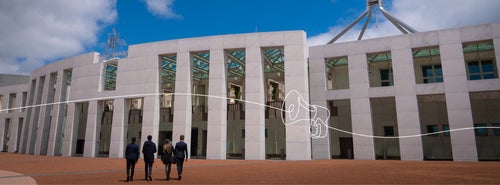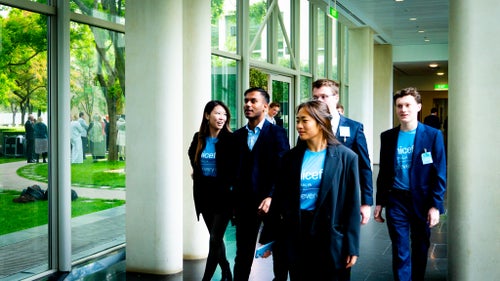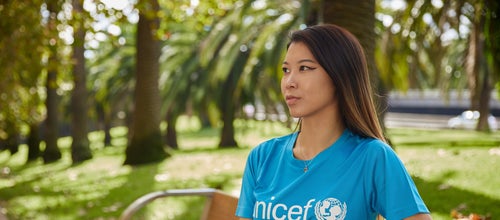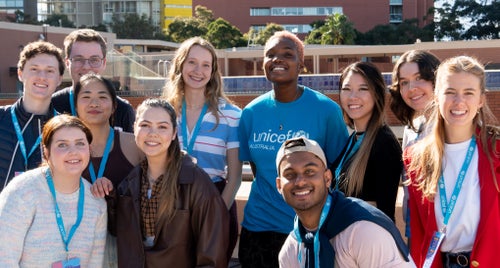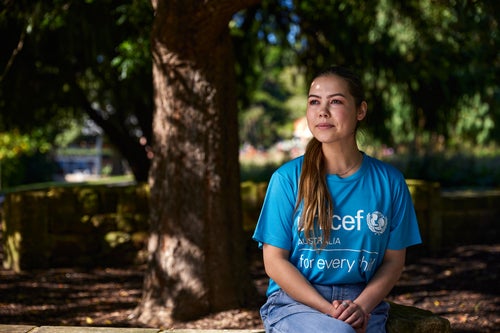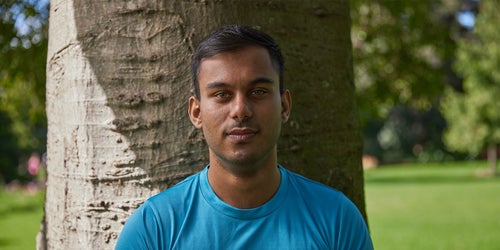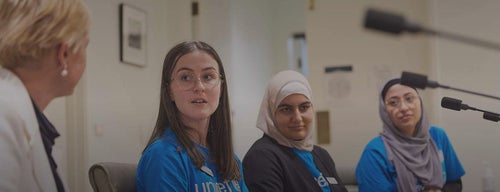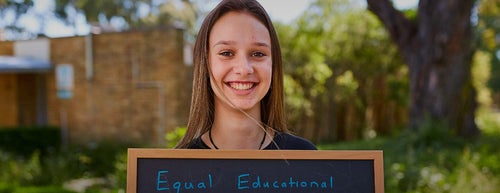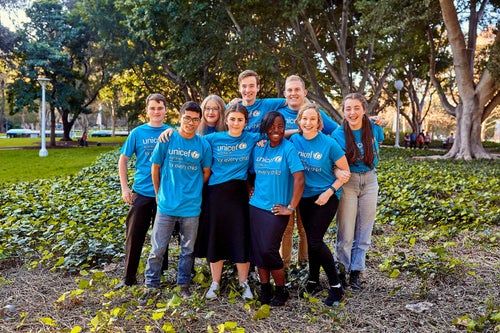I’ve played hockey since I was seven, and always with the boys’ team. And I’m proud to say, I play like a girl.
Earlier this year, I was playing one of my first Senior Men’s games (the top division in our league) and from the sidelines I heard “she hit it pretty hard for a girl”.
I was dumbfounded. I can’t believe I am still hearing comments like that in 2019.
For a long time I tried to prove myself to those who used ‘like a girl’ as a derogatory slur, suppressing femininity, acting ‘tough’ on the field. But more recently I've realised that I don’t need to.
But this wasn’t always as easy as it seemed.
I started out as the only girl in my primary school to play hockey. Eventually I was the only girl my age playing in my local association. Lacking a women's team, I also tried out and was selected in the boys’ regional representative team.
At the time, I was fine with it. I thought it was a positive thing to be part of the ‘boys’ group’ or a ‘tomboy’. I felt like I was proving my worth by playing on the boys’ team.
Sadly, this trend hasn't changed. I am currently the only female in my senior team.
Don’t get me wrong, I love playing with my senior team and they don’t treat me any different because I am a girl. I am yet to hear a man in my team use derogatory phrases at the expense of me or other girls.
But spectators do often notice that I am the only girl on the field.
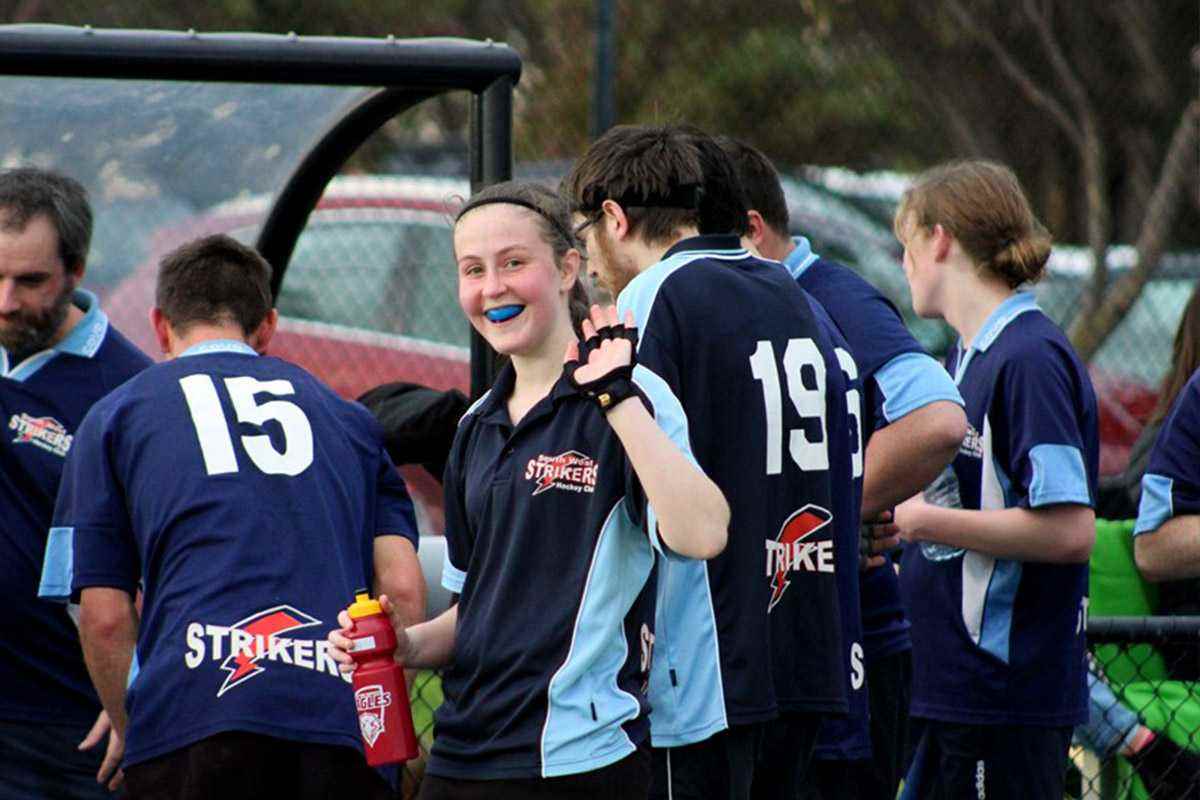
I am always told that I am a ‘rose amongst the thorns’.
I am being told that I have to live up to the stereotype of a dainty and meek girl, compared to the men I play with who are supposed to be rough and strong. This does not mean I want to be considered a thorn, but this statement presumes that I am one or another. It gives the impression that a rose is for women and girls and a thorn is for males.
This type of exclusion based on gender is often systemic. Without realising it, barriers are put in place that prevent women and girls from participating to their full potential. For example, many sports have the the top division solely for men.

Fortunately for me, my hockey competition allows women and girls to play in the top division regardless of gender, with selection based on skill level alone.
This practice only starts the process of equality as I still hear phrases like “that’s not very lady-like”.
Despite this, there are examples of women who have not let the idea of ‘femininity’ as a negative stop them: Madi Ratcliffe started in Warrnambool’s hockey club and she went on to play for the Hockeyroos, the national women’s team.
Women like this are the reason why these stereotypes are becoming less and less common. But I believe more education is still needed to fully eliminate sexism in all areas of society, but specifically in sport.
Now, I no longer accept such “insults” regarding my gender and I am quick to clap-back at them. If someone tells me I do something ‘like a girl’, I don’t accept it as an insult. I know that I am strong and capable, and I continue to ‘play like a girl’ with thorns and all.
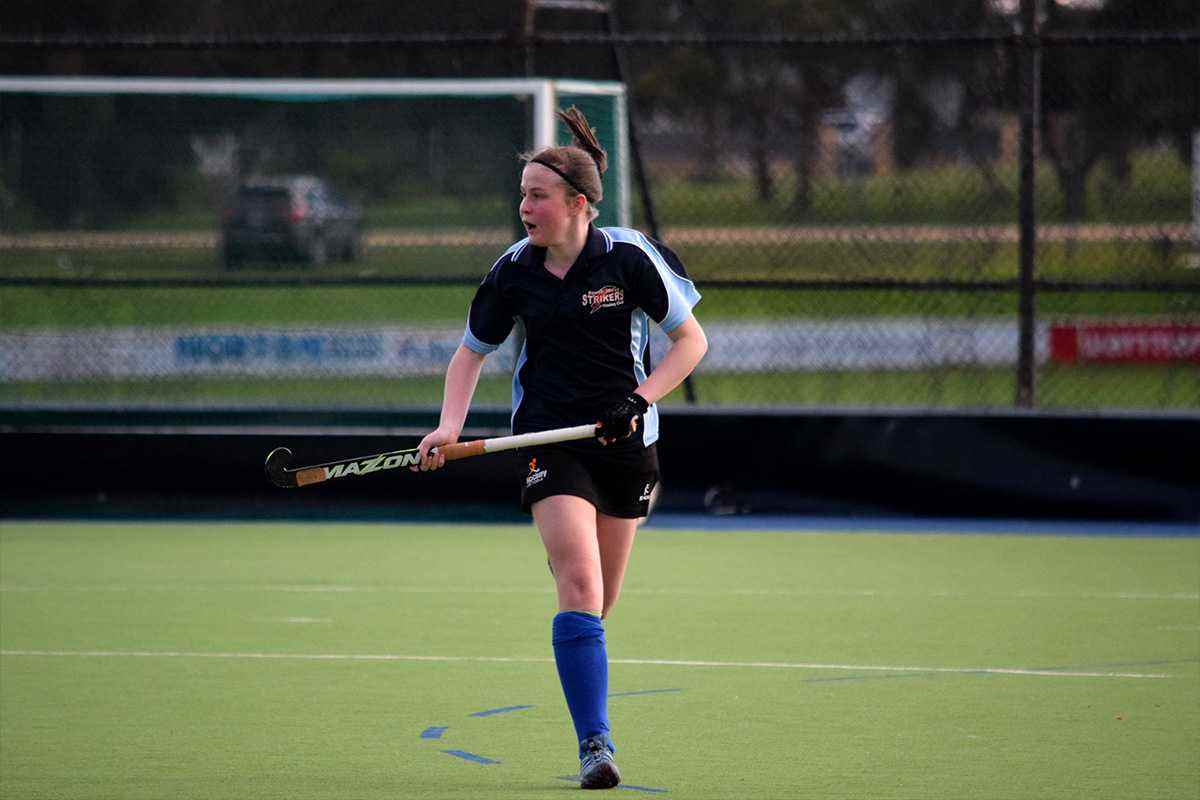
Emily, 16, is a UNICEF Australia Young Ambassador. She lives in regional Victoria and is currently in high school. She has played hockey since the age of seven.

Related articles
Stay up-to-date on UNICEF's work in Australia and around the world



